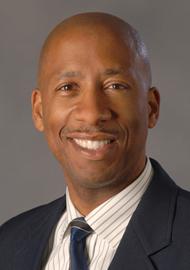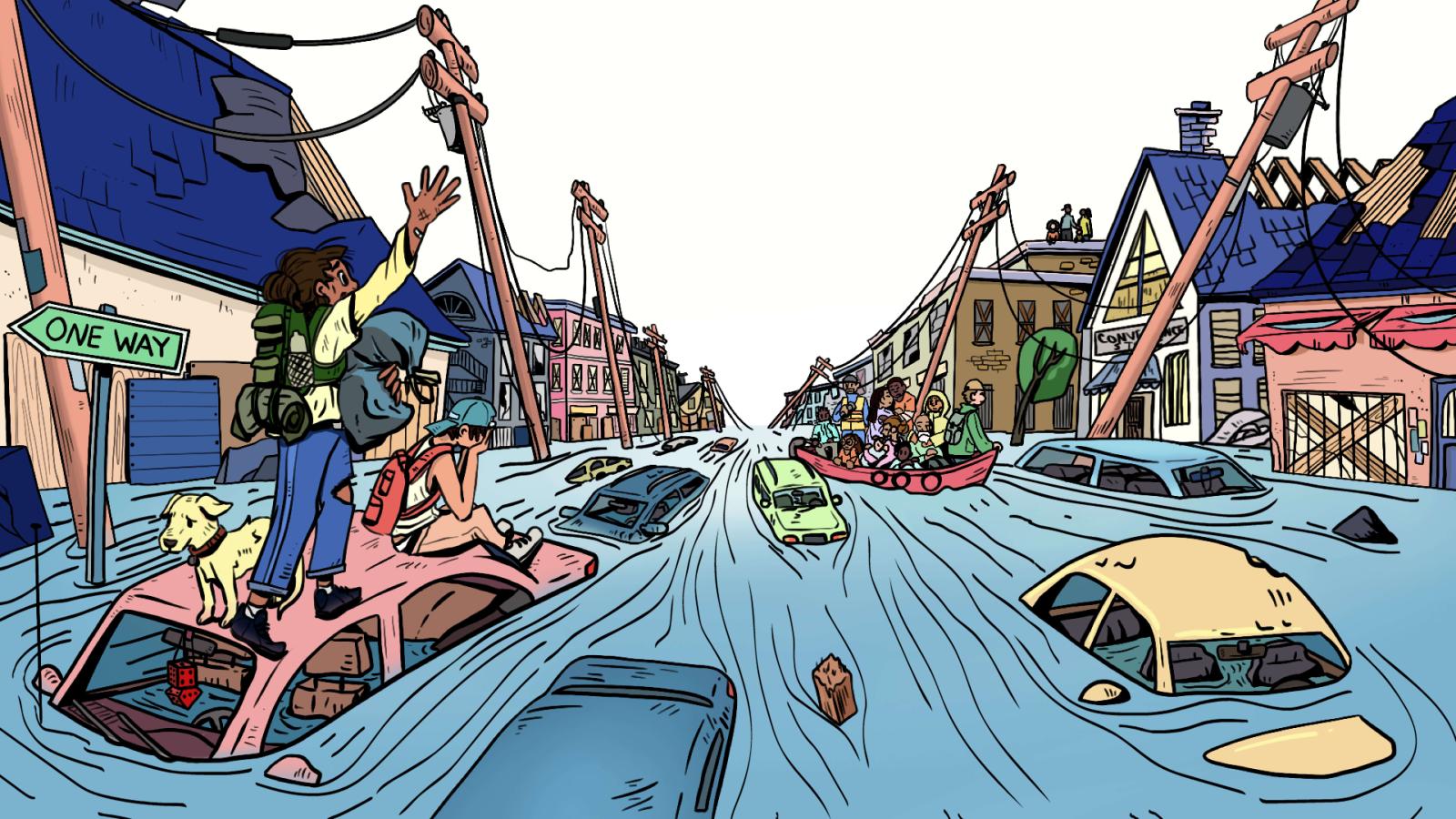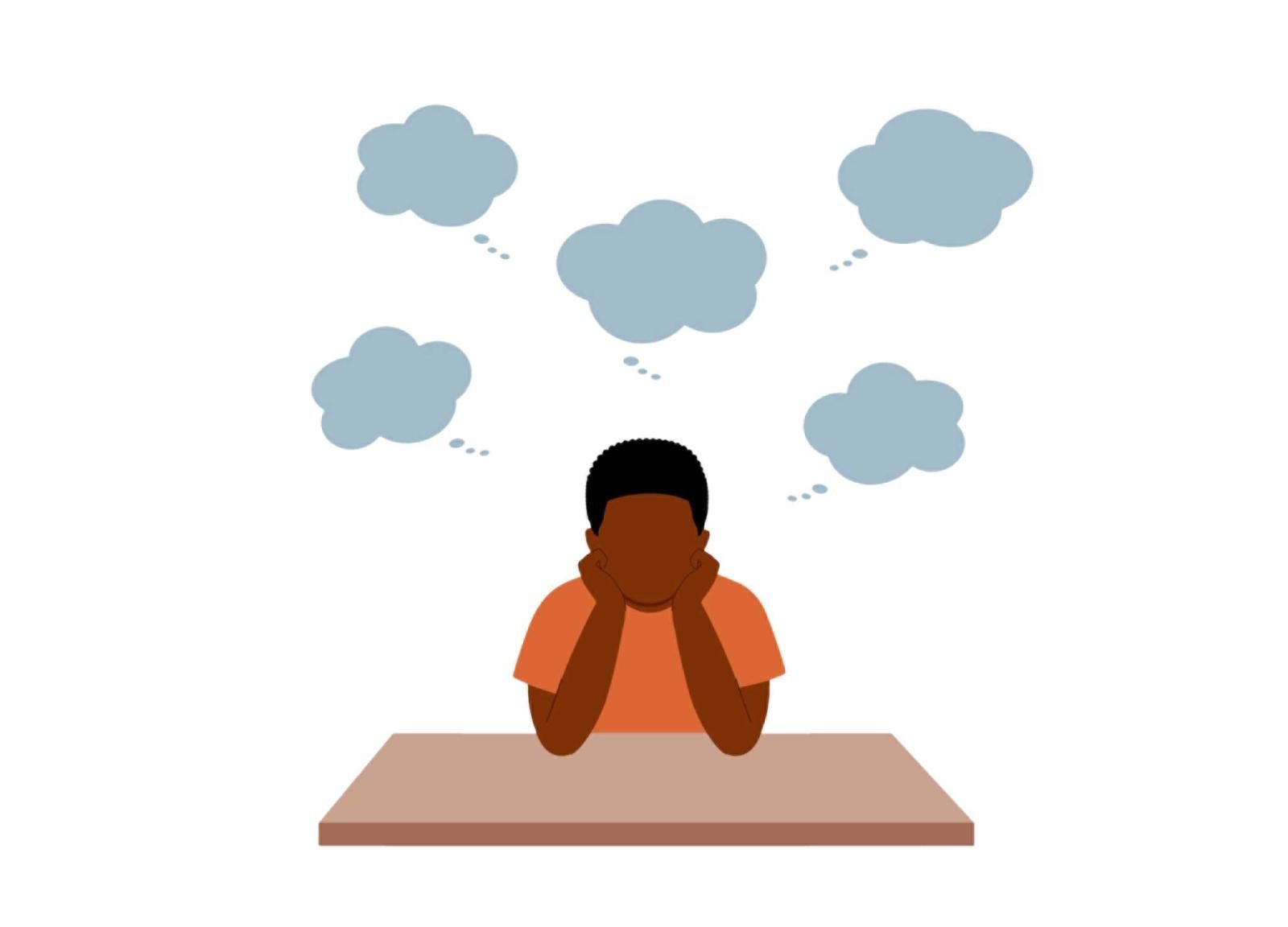Recently, the United States Congress and President Biden made substantial investments in funding and staff to support communities most vulnerable to climate change and to address the disproportionate exposure of African American and other communities to pollution. Recent polls reveal heightened environmental and climate concerns among African Americans when compared with other racial and ethnic groups. These concerns reflect less confidence in local government to address extreme weather and climate threats; higher levels of climate vulnerability; and greater concern about air, water, and soil pollution.

Despite these apprehensions, environmental and climate issues do not typically rank among top issues for African American voters. For example, the Howard University Initiative on Public Opinion (HIPO) 2024 Black Voter Poll found that economy and jobs, racial justice, affordable housing, democracy, and affordable healthcare were the top issues for Black voters. Considering African Americans’ significant climate vulnerability and substantial pollution exposure, the failure to prioritize environmental and climate issues has devastating consequences on Black communities. Moreover, environmental and climate issues directly relate to top concerns that Black voters identify. Because of their cross-cutting effects and the destructive consequences that environmental and climate decisions have, their impact on Black communities is unsurpassed. To protect our communities, it is imperative that Black voters prioritize environmental protection in local, state, and national elections.
Considering African Americans’ significant climate vulnerability and substantial pollution exposure, the failure to prioritize environmental and climate issues has devastating consequences on Black communities.
Consider how climate and the environment relate to healthcare. The single largest cause of child absences from school is asthma and Black people have the highest asthma rates of any racial groups. African Americans are 40% more likely to have asthma than whites and eight times more likely to die from asthma than white children. Numerous public health studies show that exposure to air pollution decreases lung function and performance in children and adults, trigger asthma attacks, and contribute to the development of asthma in children.
Racial injustice is deeply reflected in Black children and their families lead exposure in their homes and communities. As a major cause of ADHD and other cognitive disorders in children, lead exposure connects African Americans to the school to prison pipeline and the criminal punishment system in America. In this school to prison pipeline, African American children with ADHD and other cognitive impairments receive the harshest discipline in schools and in their interactions with the juvenile justice system that routinely lead to incarceration.
For African American adults, air pollution in our communities leads to more premature deaths than any other external source.
Pollution and its sources are also inextricably connected to housing, jobs, and the economy. For African American adults, air pollution in our communities leads to more premature deaths than any other external source. Housing not only determines exposure to air pollution and lead as mentioned above, but also exposure to polluted soils and proximity to dangerous chemical plants and refineries at risk for fires, explosions, and other catastrophic events exacerbated by the climate crisis. These undesirable land uses influence housing values and the availability of high wage jobs. Because the climate crisis leads to more extreme weather events including high heats, wildfires, and flooding, Black homeowners face increased insurance rates, utility costs, and catastrophic risks on top of air, water, and soil pollution.
Elected officials and policy makers decide what pollution exposure communities face, the resources available to support those most vulnerable to climate change, and where funds will be directed in the transition to renewable energy. These decisions directly determine economic growth and job opportunities created in Black communities. Accordingly, ignoring environmental protection and the climate crisis when voting is perilous. It disregards the immediate and long-term health consequences that fossil fuel and other pollution causes and underestimates the relevance of climate investments to local economies and other community priorities.







